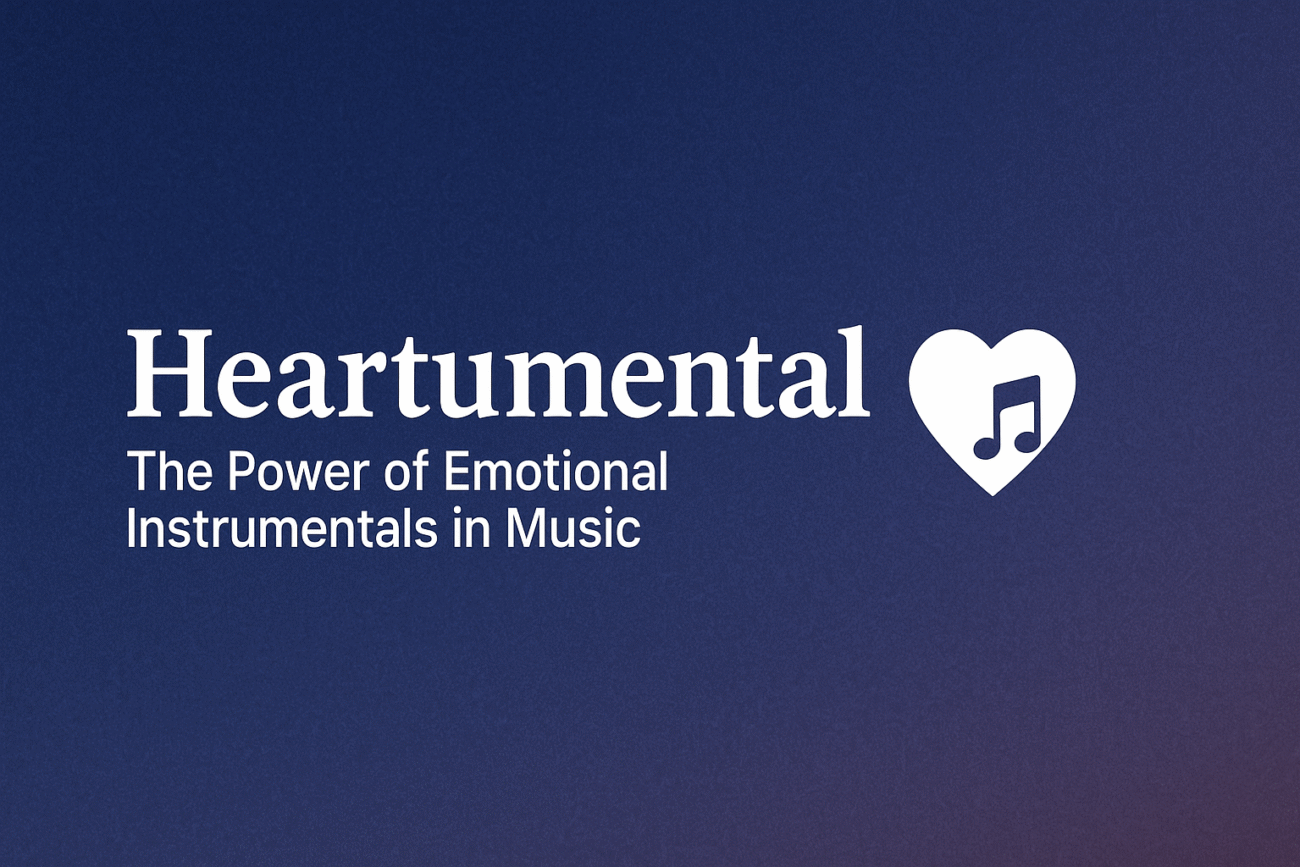Introduction: The Power of Heartumental
“Heartumental” When we talk about mental health, most of us think about the brain, emotions, and thought processes. But there’s a fascinating and often overlooked concept called “heartumental” that is beginning to gain recognition. This term combines the heart and mental health in a way that acknowledges the deep connection between the two. While traditional psychology focuses on the mind, heartumental digs deeper into how our heart influences our emotional and psychological well-being. In this article, we’ll explore the significance of heartumental, how it affects our lives, and why we need to pay attention to it for better mental health.
What is Heartumental?
Understanding the Term
The term heartumental is a fusion of “heart” and “mental.” It implies a holistic approach to understanding mental health by considering not only our thoughts and emotions but also the physiological and energetic role the heart plays in our emotional state. While the mind processes information, the heart responds with feelings, energy, and sometimes even physical sensations that can greatly influence our mental well-being.
The Mind-Heart Connection
Heartumental highlights the intricate link between the heart and the mind. Our emotions are often experienced as a combination of psychological processes and physical reactions in the body. For example, when you’re anxious, your heart rate increases, and you may experience a tightening in your chest. These physical responses are not isolated but are deeply interconnected with the emotional and mental states you’re experiencing.
The Role of the Heart in Emotional Regulation
Heart’s Influence on Emotions
The heart isn’t just a pump that keeps us alive; it’s also an emotional regulator. Research has shown that the heart plays a significant role in processing emotions, particularly in how we respond to stress and anxiety. It’s been suggested that practices such as deep breathing and meditation can help regulate the heart’s rhythm, which in turn helps reduce anxiety and promote emotional balance.
The Science Behind It
Heart coherence, a state in which the heart’s rhythm becomes smooth and synchronized with the brain, has been proven to lead to better emotional health. Studies have shown that people who achieve heart coherence experience less stress, improved cognitive function, and better overall mental health. By consciously focusing on heart-centered practices, such as mindfulness and emotional regulation exercises, individuals can improve both their heart health and mental clarity.
Heartumental in Practice: How to Cultivate a Heart-Centered Life
The Benefits of a Heart-Centered Approach
Adopting a heart-centered approach to life can have numerous benefits for your mental health. By acknowledging the connection between your heart and mind, you can develop greater emotional intelligence, reduce stress, and improve your overall well-being. Below are some key benefits of practicing heartumental techniques:
- Enhanced Emotional Awareness – Understanding how your heart responds to emotions helps you become more aware of your feelings and triggers.
- Improved Stress Management – Regulating your heart’s rhythm through breathing exercises helps reduce the physical symptoms of stress.
- Stronger Relationships – Heart-centered practices enhance empathy and communication, fostering deeper connections with others.
- Better Mental Clarity – By cultivating inner peace, your mind becomes clearer and more focused, allowing for better decision-making and problem-solving.
Heartumental Practices to Try
1. Heart-Focused Breathing
Heart-focused breathing involves focusing your attention on the area around your heart while breathing deeply. This practice promotes relaxation and helps align your heart and mind.
2. Meditation with Heart Intentions
Incorporate heart-centered affirmations or intentions into your meditation practice. Visualize your heart filling with love and compassion as you breathe, creating a sense of peace.
3. Emotional Release Techniques
Sometimes, emotional blockages can cause tension in the heart. Practices such as journaling or expressive arts can help release trapped emotions, leading to emotional freedom.
4. Heart Coherence Training
Heart coherence training involves learning how to regulate your breath and emotions to achieve a smooth, balanced heart rhythm. This can be done through biofeedback devices or guided practices.

Heartumental and Mental Health Disorders
How Heartumental Helps with Anxiety and Depression
Anxiety and depression are often associated with imbalances in the heart and mind. People suffering from these conditions often experience physical symptoms like an increased heart rate or tightness in the chest. By practicing heart-centered techniques, individuals can work toward regulating their emotions and easing the physical symptoms associated with these disorders.
Heartmentality and PTSD
Post-Traumatic Stress Disorder (PTSD) can cause individuals to experience extreme emotional and physical reactions. Heart-centered practices have been shown to help calm the nervous system and reduce the physiological effects of trauma, promoting healing and emotional recovery.
Supporting Mental Health with Heartumenal Techniques
Integrating heart-centered practices into therapy or counseling sessions can provide a more holistic approach to mental health care. By including heart awareness in the healing process, therapists can help clients connect with their emotions and regulate their physical responses to stress and anxiety.
The Importance of Self-Love in Heartumental
Heart-Based Self-Care
Heartumental also emphasizes the importance of self-love and self-care. Taking time to nurture your heart not only improves emotional well-being but also builds resilience. Practices like self-compassion, setting healthy boundaries, and giving yourself grace during difficult times can help heal the emotional wounds that affect mental health.
The Role of Gratitude
Gratitude is another powerful tool in heartumental practices. Focusing on what you are thankful for brings positivity into your heart and mind. Studies have shown that people who regularly practice gratitude experience lower levels of depression and anxiety.
Heartumental and Modern Psychology
Incorporating Heart-Based Approaches in Therapy
Traditional psychotherapy often focuses on the cognitive and emotional aspects of mental health. However, heartumental suggests a shift towards including heart-based techniques in treatment. Psychologists and therapists who integrate practices like mindfulness, breathwork, and heart coherence can provide more comprehensive care to their clients.
Combining Heart and Mind for Optimal Well-Being
Modern psychology is increasingly recognizing the importance of combining both heart and mind in the healing process. Heartumental practices provide a unique way to enhance emotional regulation, stress management, and mental clarity.
Conclusion: Embrace the Heart-Mind Connection for Better Mental Health
In conclusion, heartumental is an innovative approach to mental health that recognizes the profound connection between the heart and the mind. By acknowledging this relationship, we can cultivate emotional balance, reduce stress, and enhance overall well-being. Whether through heart-focused breathing, emotional release techniques, or self-love practices, heartumental offers a powerful way to support your mental health.

One thought on “Heartumental: Understanding the Concept and Its Impact on Mental Health”
Comments are closed.